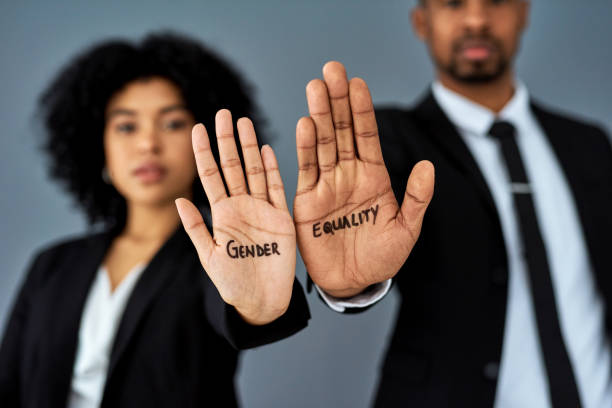

Big business is being forced to give women a bigger role in management following the passing of laws last week, which will mean around 2,000 large employers won’t get government business if they don’t meet gender equality targets. And this has prompted former sex discrimination commissioner Pru Goward to call the reforms as “government overreach”, which will deter investment and affect productivity.
Goward was a former Liberal minister in former NSW governments and was appointed to her sex discrimination commission role under a John Howard-led Coalition government.
As she was less left leaning, it means she could be more receptive to big business interests which would prefer to promote on merit and put productivity goals ahead of gender equality. On the other hand, there is the argument that given our productivity problem and the dominance of men in management positions, a shift to a greater role for women as bosses might be the change we have to have!
Meanwhile, Australia isn’t exactly leading the charge to reverse the bias towards men relative to women when it comes to key positions in big organisations.
The World Economic Forum currently places Australia 24th among 146 countries, down from 15th in 2006. At the current rate of change, the forum suggests it will take more than 130 years to achieve gender equality globally.
This is how the AFR’s Euan Black and Patrick Durkin explained the upcoming changes: “Under the laws, companies with 500 or more employees could be deemed non-compliant with the Workplace Gender Equality Act and blocked from securing government contracts worth at least $80,000 if they do not make progress towards specific targets over a three-year period.”
And “…relevant private sector employers need to select gender equality targets from a menu of options by May 31, 2026 and Commonwealth employers by October 31, 2026.”
Taking a purely business point of view, which isn’t surprising with an election only five Saturdays away, Goward told the AFR the following: “Gender targets set by the government, and not by companies, is yet another reason not to invest in Australia, no matter how worthy the intention.”
She accepted that the goal of the Government is well-intentioned but added: “If our trade competitors aren’t similarly aligned, we either need to make up for the additional risk with greater productivity or let the dollar drop. The challenge is to promote diversity and inclusion in such a way [that] it enhances merit and productivity, rather than diminishing it.”
Interestingly, she argued that these government-driven gender equality changes would help foreign companies competing with local large businesses but also give sole traders and small businesses a “leg up” when chasing government contracts, as they will not be affected by the new laws.
To be fair, women have been unfairly treated by employers for centuries and governments encouraging businesses to give women a fairer go should not be opposed.
The question is whether businesses need a stick or a carrot approach to give women employees a fairer go.
One argument that could be spurious is to assume that promoting women over men could lead to lower productivity, because given our current inequality when it comes to managers, that might explain why our productivity isn’t impressive.
Interestingly, the AFR recently reported that Macquarie Group chief executive Shemara Wikramanayake told an audience of more than 1,000 women that “we don’t do diversity because it’s woke. We do it because it’s smart business.”
One final point I’d like to make and it’s historical. When governments and businesses find themselves in trouble, they invariably opt for women to clean up the mess. Joan Kirner was made Victorian Premier after the Labor’s John Cain and his mates screwed up the finances of the state in the 1980s.
Nowadays, the under-siege supermarkets have recently appointed female CEOs, with Amanda Bardwell at Woolworths and Leah Weckert at Coles.
Telstra has Vicki Brady. Qantas replaced the pilloried Alan Joyce with Vanessa Hudson, while Virgin Australia was sorted out by Jane Hrdlicka.
Meanwhile, I suspect there are plenty of householders who have pondered whether their builders and tradesmen might have been more reliable if they were women rather than blokes!